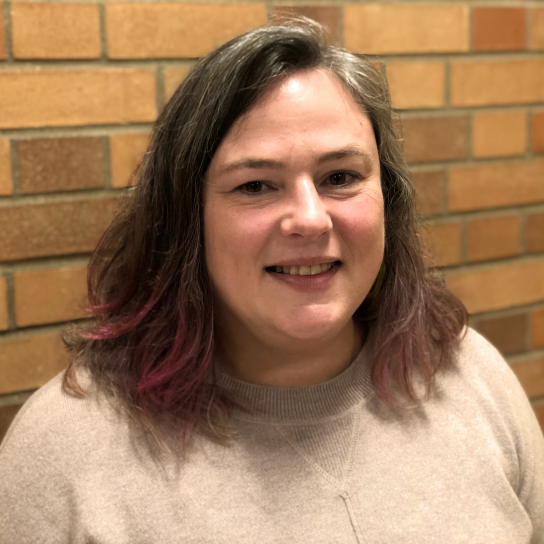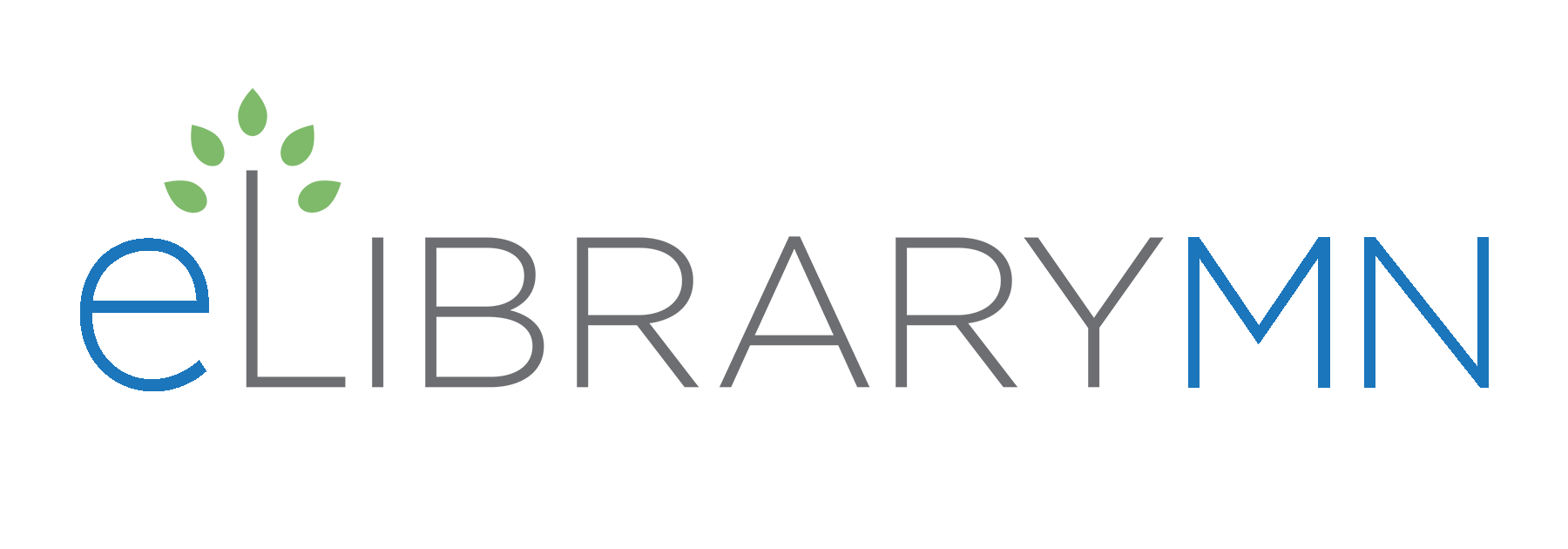by Carla Pfahl
Quick Summary
Presenter: Heidi Southworth, Digital Initiatives Librarian, Minnesota State University, Mankato Since 2000, the Minnesota State University, Mankato, Library has put forth the initiative to focus on increasing its digital collections.

Presenter: Heidi Southworth, Digital Initiatives Librarian, Minnesota State University, Mankato Since 2000, the Minnesota State University, Mankato, Library has put forth the initiative to focus on increasing its digital collections. That initiative led to the recommendation of creating an institutional repository. In 2013, they hired Heidi Southworth as the new Digital Initiatives Librarian who would spearhead the effort to bring this to fruition. After Heidi came on board, the “Digi-Squad” was formed. A seven-member library digitization taskforce, the Digi-Squad is represented by various library units with diverse backgrounds and experiences. This, Heidi notes, is the key to its success. Their mission was to create a digital home for the scholarly and creative achievements, research, and history of the University. Their goal was to provide a product recommendation within three months of its formation and an implementation of the program by the Spring of 2014. While the implementation was pushed back to June 2014, it was still considered a success. Through their vendor selection process, they decided to go with bepress Digital Commons, a well-developed, professional, customizable, and highly discoverable presentation and publication platform with excellent customer support. They didn’t want an open source product because they wanted a service to help keep the focus on getting around the campus to gather material – not spending time programming. The two main digital initiatives at MSU Mankato are ARCH, the University Archives’ digital collections portal on the Islandora platform, which is open source and hosted via PALS. ARCH, http://arch.lib.mnsu.edu/, houses the school’s photos and history. The project using bepress Digital Commons is called Cornerstone and is focusing solely on University publications: http://cornerstone.lib.mnsu.edu/. Once the product was selected, the next steps focused on the many different issues that needed to be addressed before the institutional repository could be built, such as licensing, design, branding, structure and hierarchy, metadata, and converting existing content. The first collections they worked with were the theses and dissertations, starting with content and metadata from ProQuest and converting to the Cornerstone metadata. They used Iowa State University’s conversion tool to help facilitate this process. The next steps were to get the word out about the program and raise awareness. Heidi started giving presentations within the campus community and basically having conversations in the hallway, the elevator, in campus meetings, and with anyone who would listen. She got the support of the Council of Deans and was invited to talk to the President’s cabinet. With the marketing campaign and support from many key players in the University, she continued delivering her message about the repository and asking college departments to start submitting their publications for inclusion. The psychology department was the first to work with her. She is also working with a faculty member to start his/her own journal. All volumes of the University’s own journal, Journal of Undergraduate Research, have been added to Cornerstone. There currently is a total of 1629 items in Cornerstone which have 40,026 downloads from all over the world. They have an interactive Google map on the Cornerstone home page highlighting downloads from the different places.


